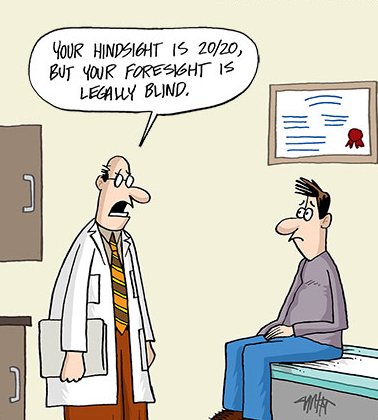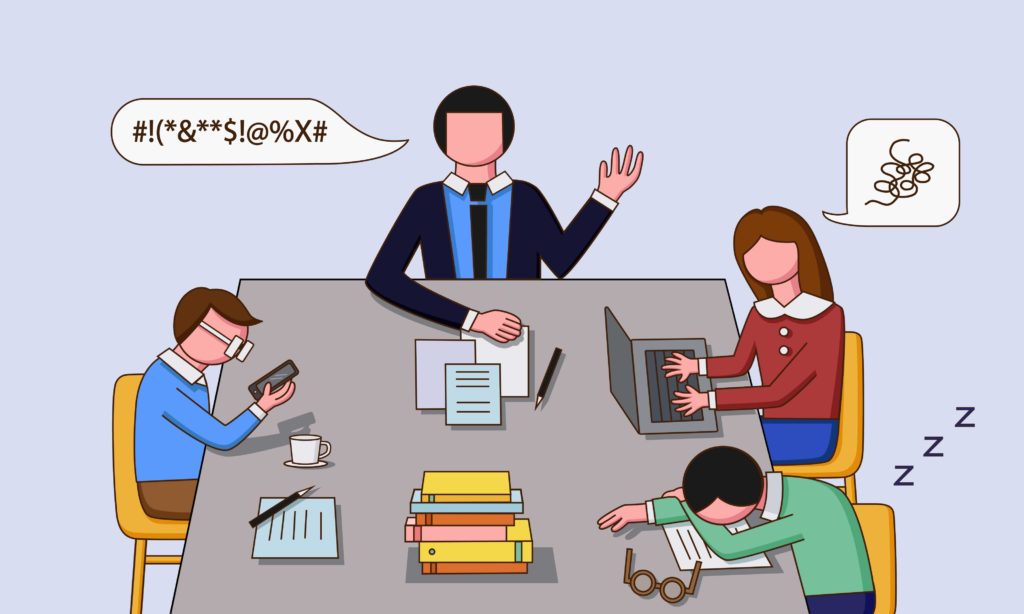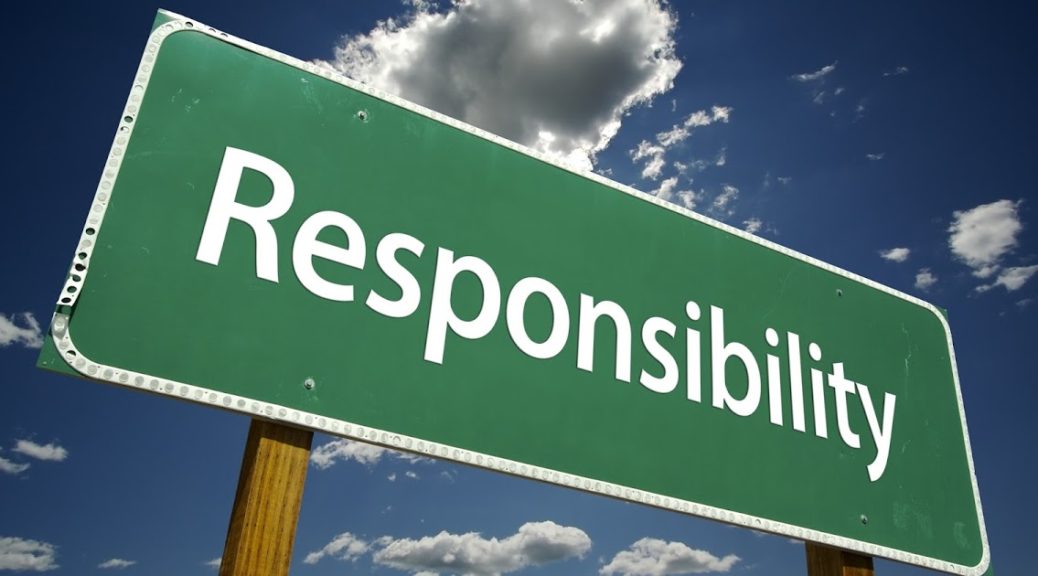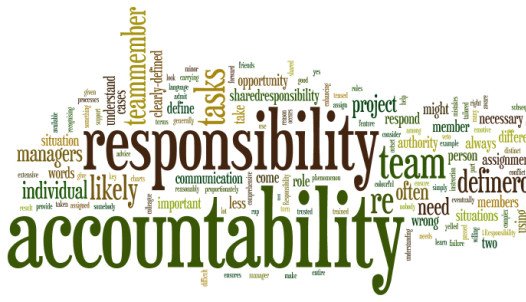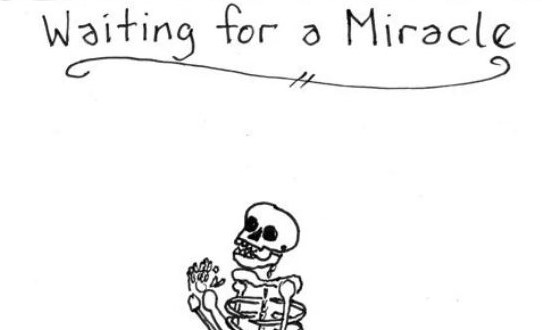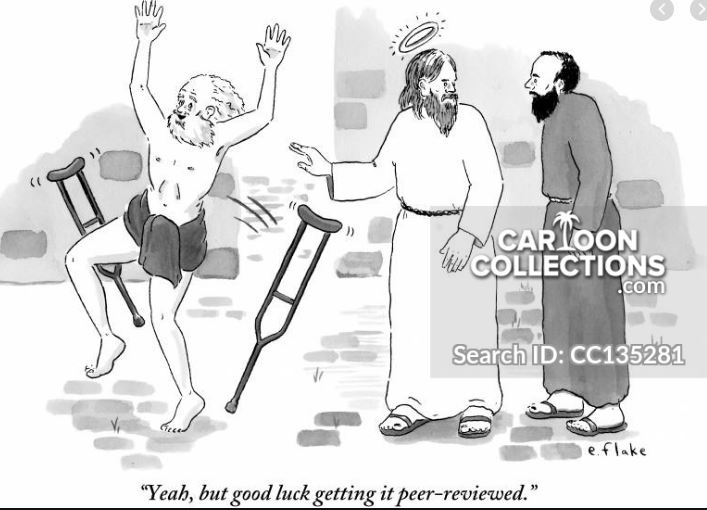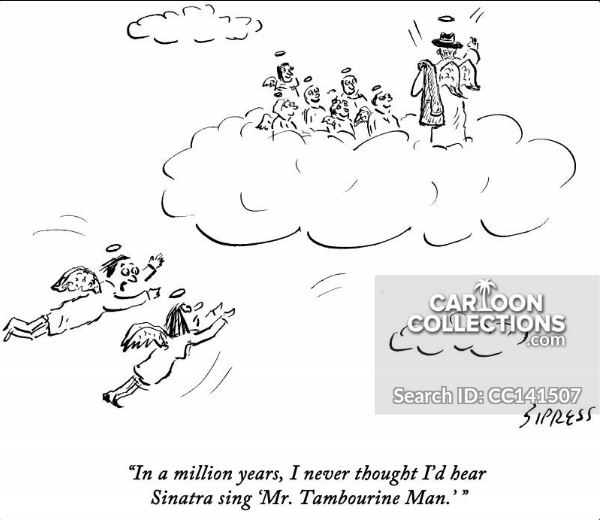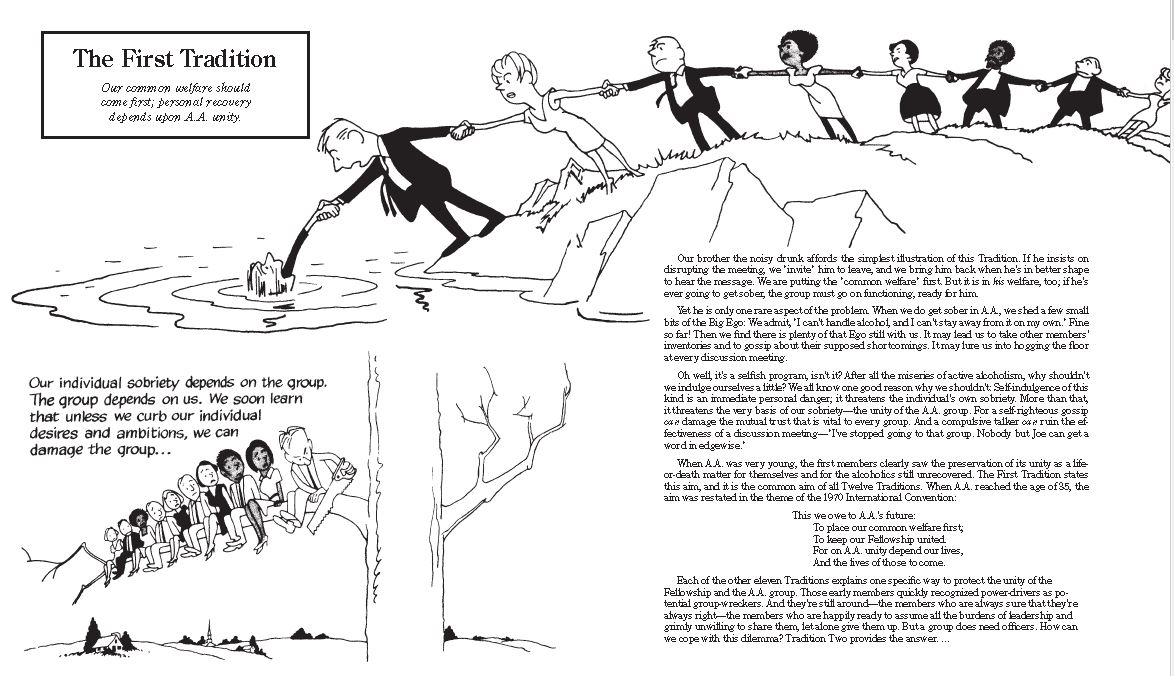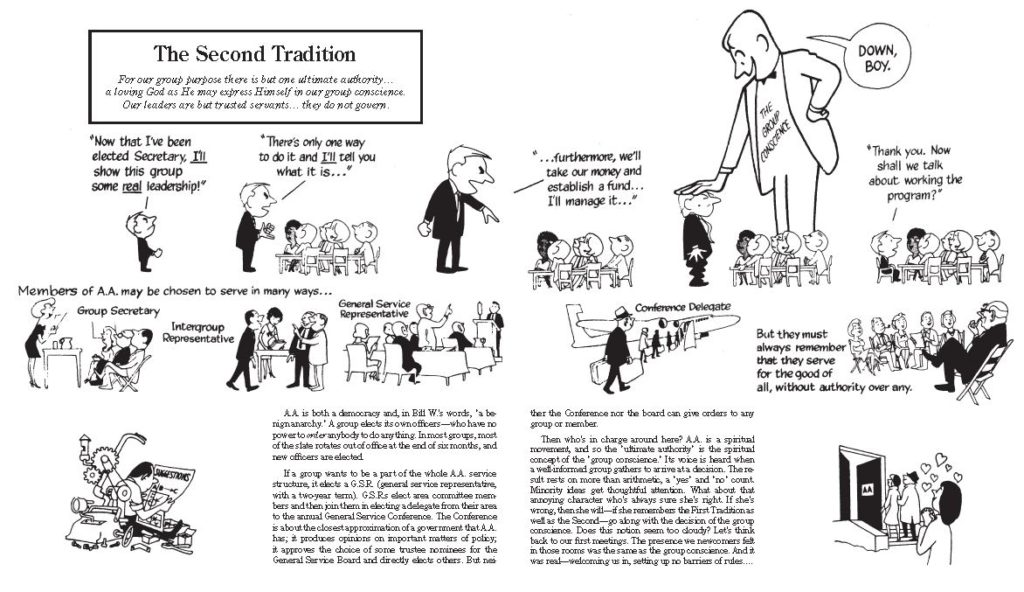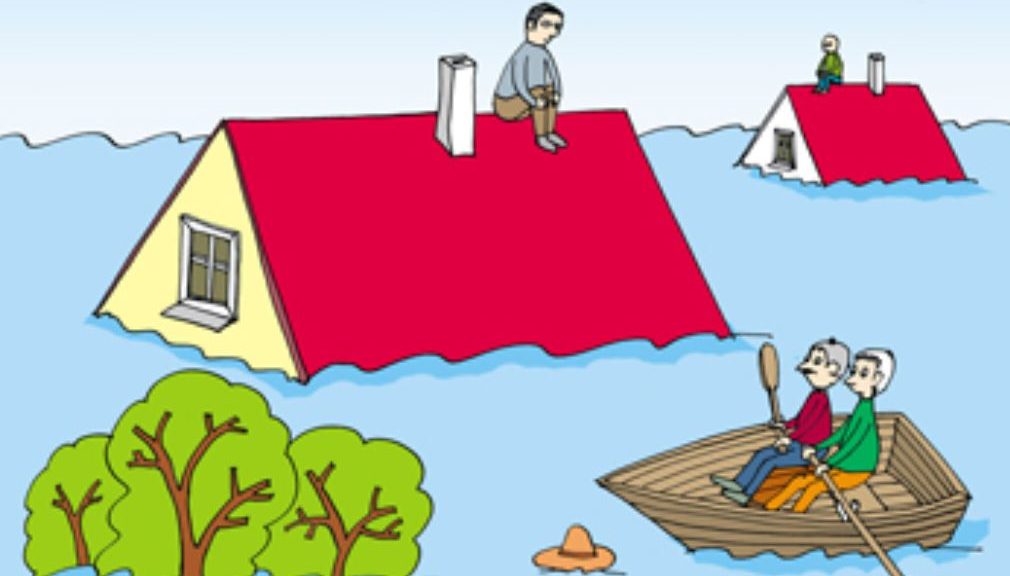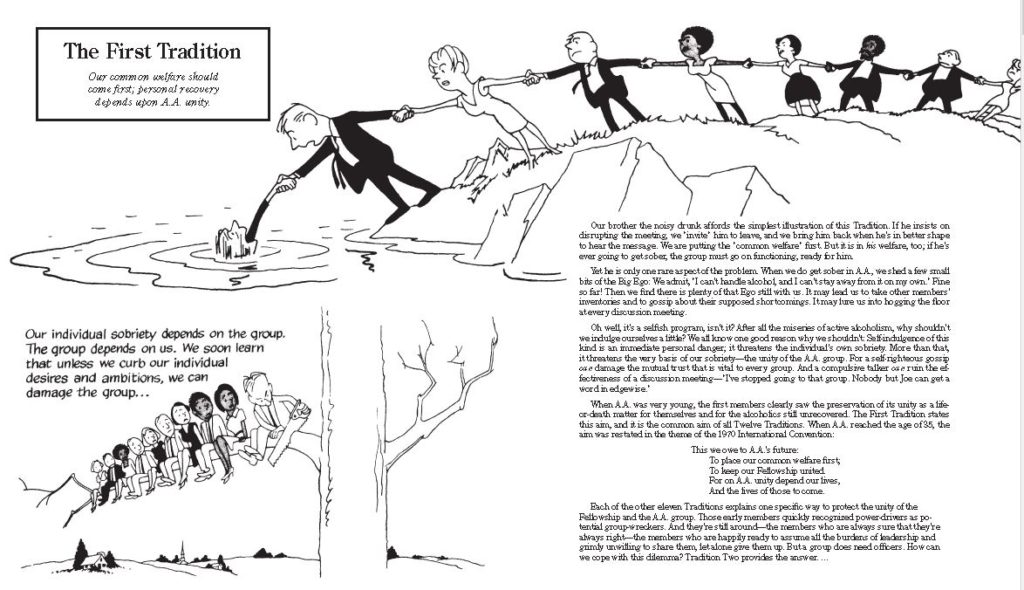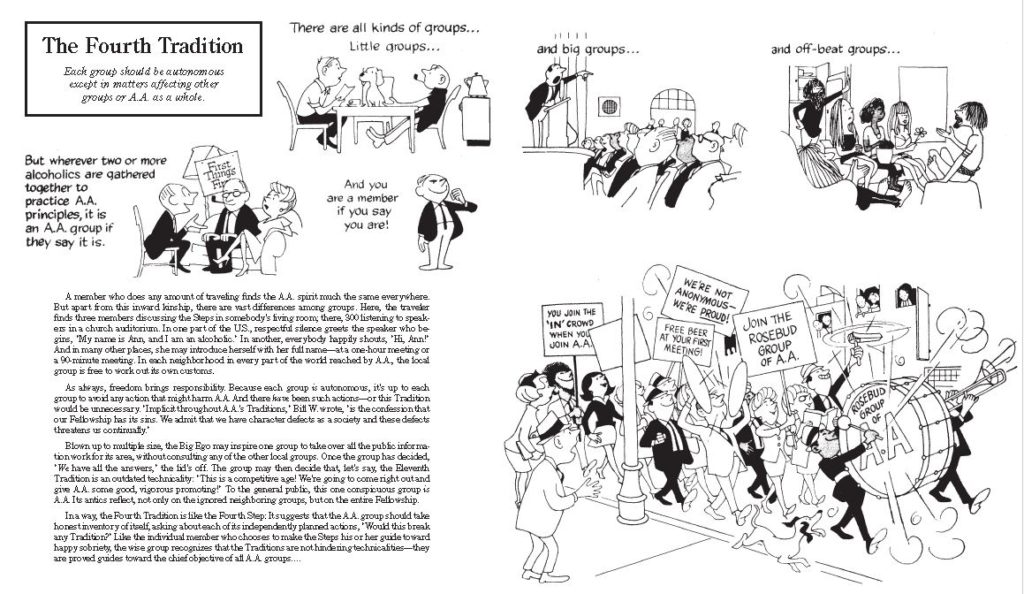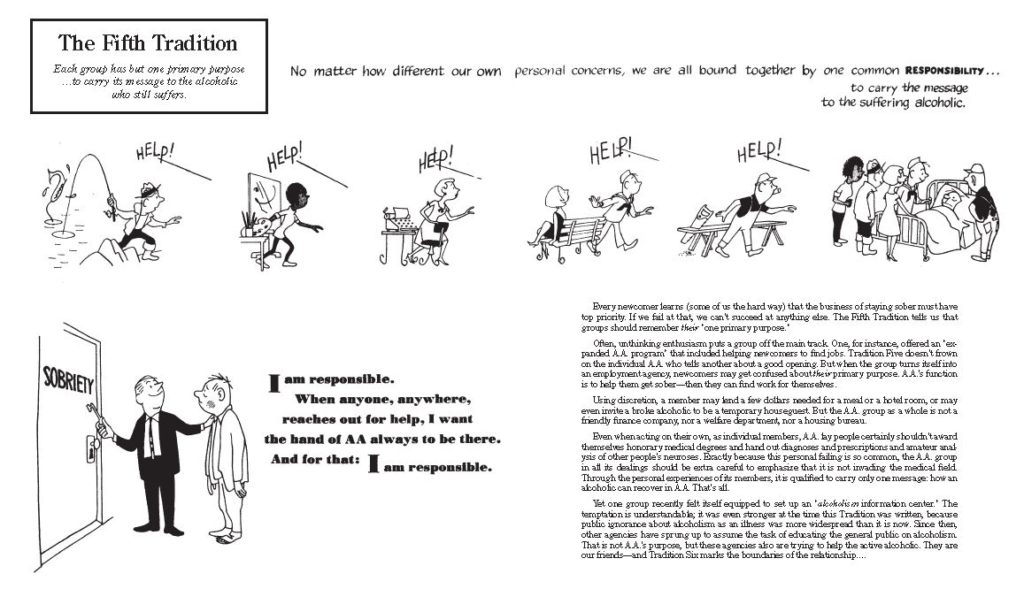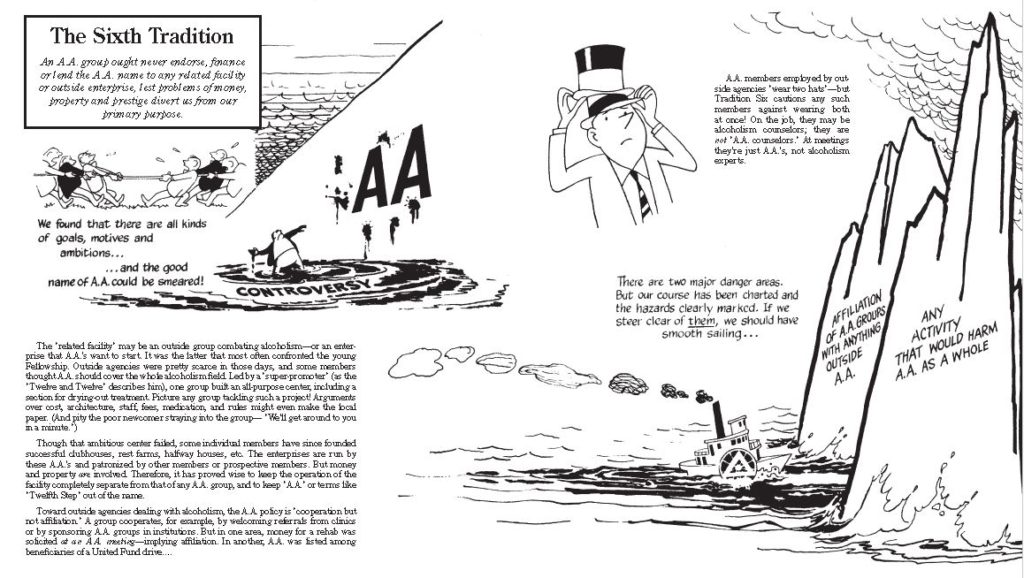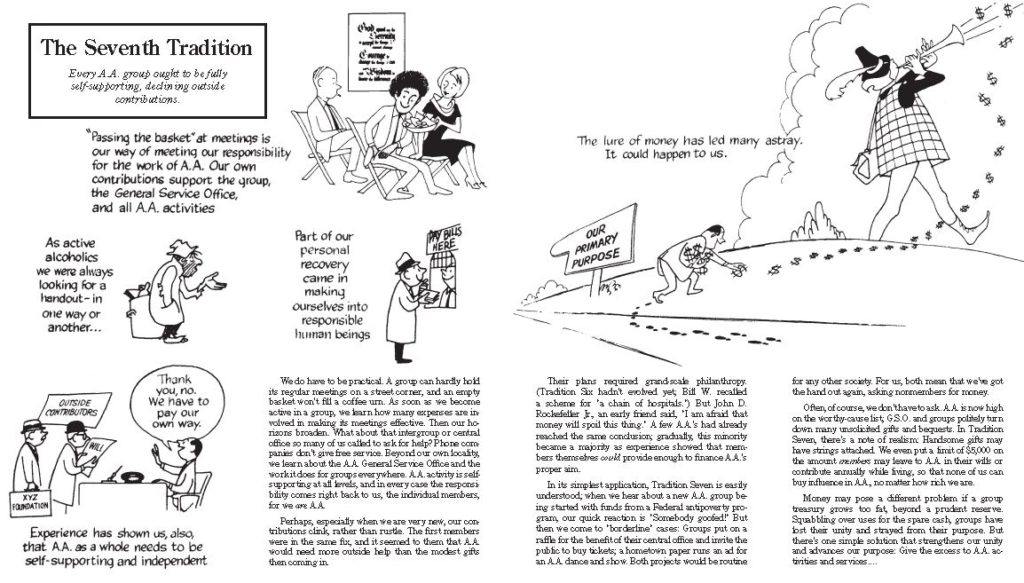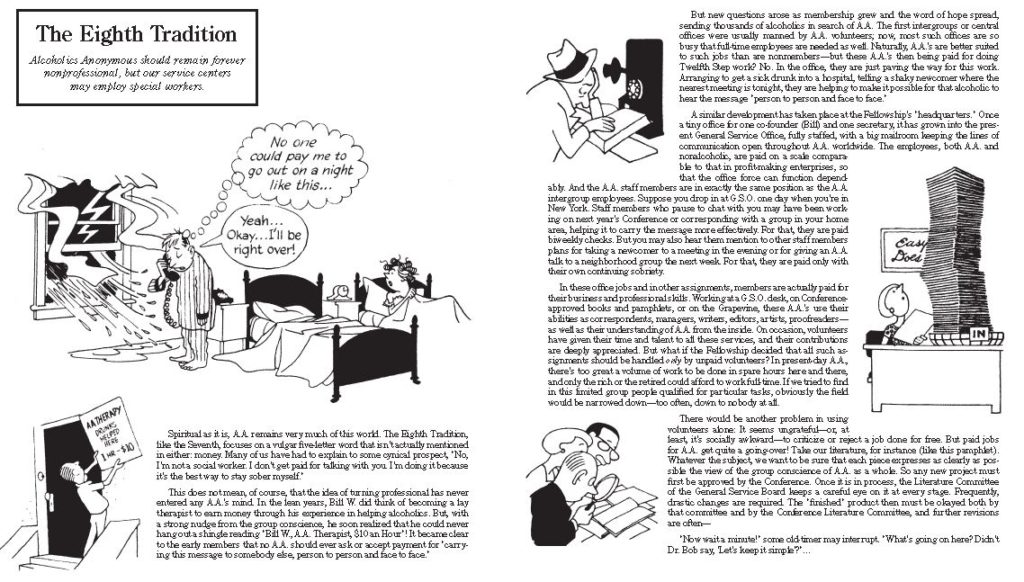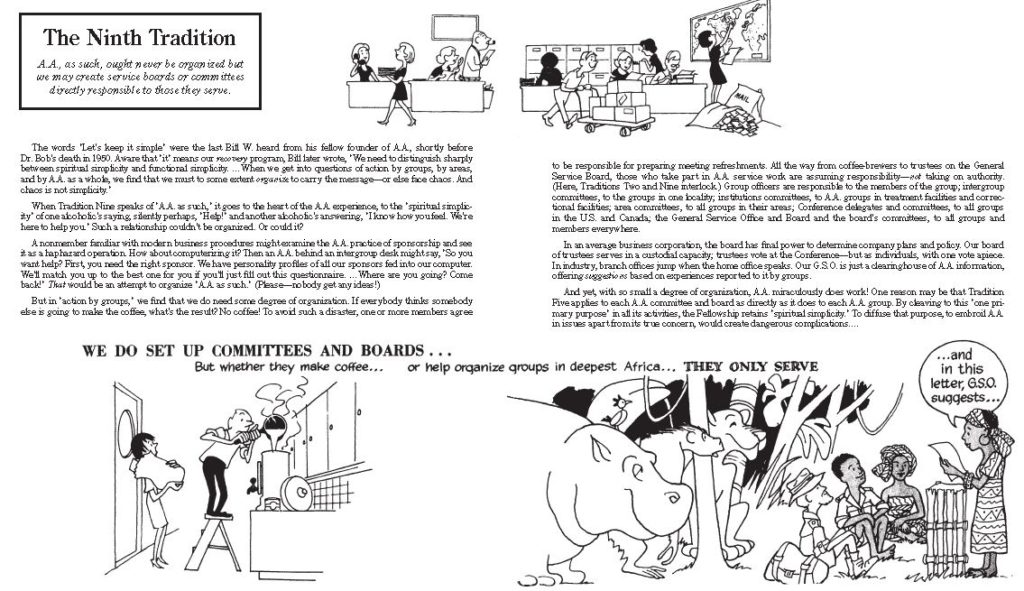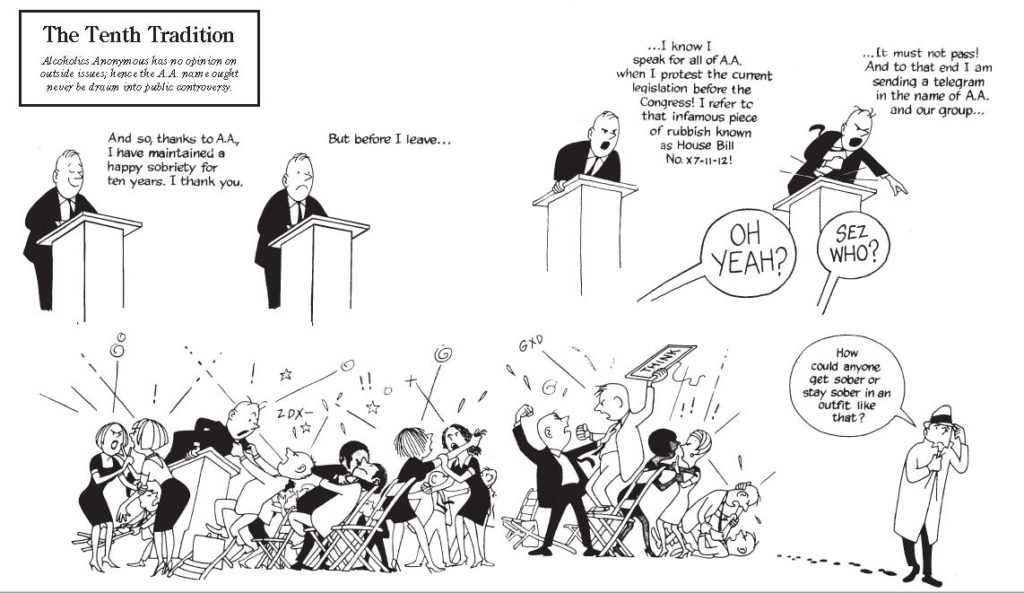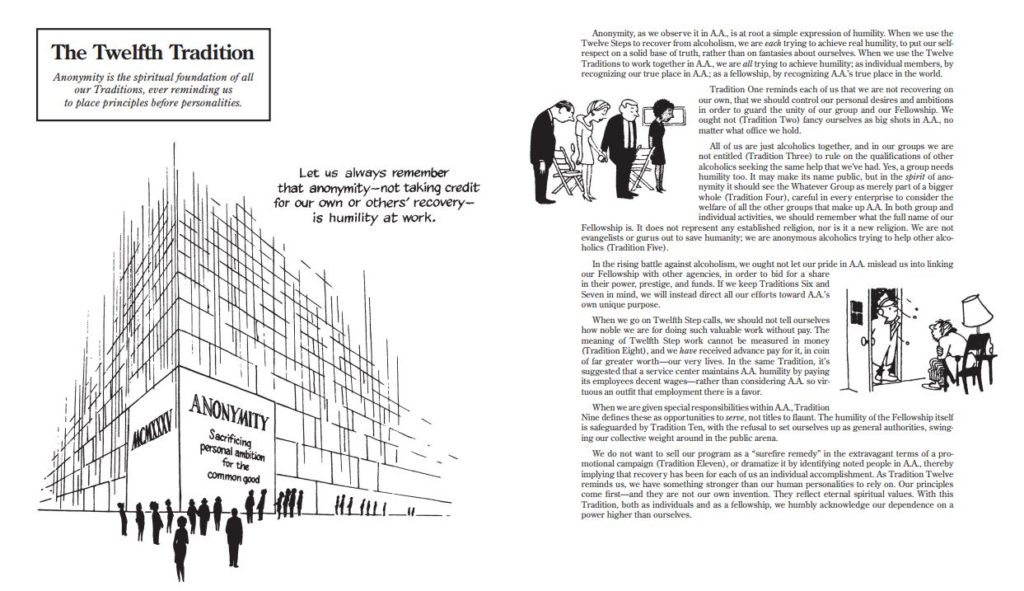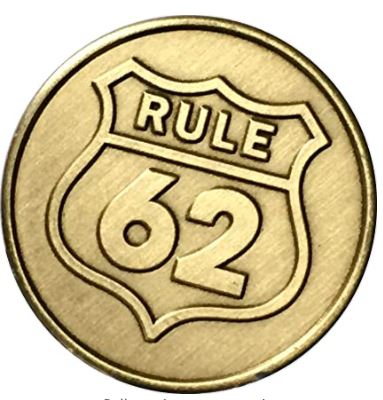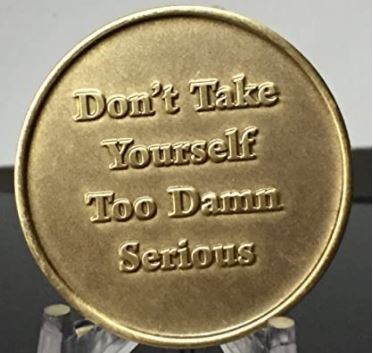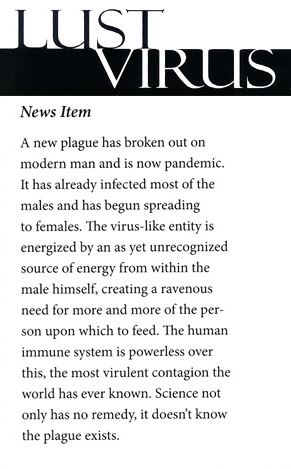
In the past 10-15 years there has been a substantial increase in “Reality TV Shows”. In particular, a show about folks struggling with weight loss and are trying to diet, exercise and get into better shape. I was drawn to the “Title of the Show” more than anything when I first tuned in.
I quickly realized why this is such a powerful metaphor! Because just like people struggling with Lust or Sex Addiction, people who are overweight and/or have major obesity addiction attend Over Eaters Anonymous.
Mop the Kitchen Floor
When I first joined “12 Step” recovery, there was a guy I met, “Eddie S.” who always used to say at meetings, “Stop complaining — Go home and mop the kitchen floor”.
At the time, I had no idea what he meant. In fact, I was quite irritated in quickly formed a resentment because I felt it took a lot to just attend meetings. But what he really was trying to tell me was very simple.
Positive momentum is contagious. When you do something productive, you feel better.
I even heard a female ‘Old-Timer’ share at an SA International Convention, “iron your socks” when you feel like acting out. Do something, to take your mind off the compulsion.
Much of the work people do here on SA Phone Mtg website is similar to the newsletter “Essay”. We need your help! If you would like to volunteer, please send an email to info@saphonemeeting.org
For example, the schedule of teleconference meetings is the #1 purpose of this site. Next, is the individual scripts and mtg formats. There are many other various reasons why the SA Phone Mtg website acts like a “Virtual Intergroup” but for sake of brevity it is safe to say, people are getting sober and staying sober, so obviously it works. One of the reasons why I personally setup this online vehicle was to help people participate more efficiently on the teleconferences. For example, back in 2009 there was no EASY simple way to read excerpts from the SA literature if they didn’t already have a copy via email. Now, many people can find literature to read and participate! Read more
Getting Started: Step “Zero”
“There is an unwritten step underlying all twelve. Call it Step Zero: “We participated in the fellowship of the program.” No one seems able to stay sober and progress in recovery without it, though some try. For most of us, without associating in some way with other recovering individuals, there is no lasting sobriety and none of the fringe benefits of recovery, growth, freedom, and joy. This holds true even for “loners” (those without groups). We don’t try to explain this; it is simply a fact.
We begin by meeting regularly with other members. If there is no group where we live, we start one ourselves, even if it is meeting with only one other member. Fellowship is that crucial to our recovery. We can’t do it alone. We pray to be led to another sexaholic who will want to hear our story, then we follow all leads that come to our attention. We contact the SA Central Office for any contacts there may be in our area and ask for materials and know-how. (See part III and Appendix 3.) Many groups have started in just such a manner. Long distances may separate members at first; some travel more than a hundred miles to meet with others.
Commit yourself to your group, whether it is being formed or is operating but still small. Attend every meeting on time. This ensures maximum benefit to you and the group, which cannot have continuity without regular participants. The measure of such commitment will be the measure of your recovery.
We also use telephone meetings with two or more members, using the three-way calling feature available in many cities. Some members subscribe to discount long-distance phone service for considerable savings. Speaker phones enable a loner to sit in remotely. We augment this by letter writing and attending other types of Twelve Step meetings, many of which are open to the public. Much benefit can be gained there in learning how to apply the Steps in one’s life and in seeing how meetings are run.
We cannot put this strongly enough: Experience has shown us that we must be part of others or we cannot maintain effective surrender, see ourselves rightly, or work the Steps. Without regular participation in the fellowship, there seems to be no recovery. (SA WB pg. 63-64)
Toxicity
Toxic reactions to alcohol and drug abuse are common knowledge. What we might call the toxicity of lust becomes especially apparent to us in recovery. We become increasingly aware of the poisonous effects of lust on our thinking and behavior. We have heard members say, “I’m allergic to lust,” and we know the person is trying to describe the toxic reaction that occurs whenever he or she takes a visual or fantasy “drink” without even acting out. In sobriety, once we have withdrawn from lust and then let it back in, the toxic effect is felt immediately and strongly. We can tolerate less of it than ever, and it produces a greater disturbance. Our sexaholism doesn’t stand still; it progressively worsens.
“I could see a girl in a bikini on a billboard five years ago and it wouldn’t bother me; now, I go to pieces and lose my mind over it.”
“Lust throws my whole system out of whack. I lose my equilibrium, my control, and have to recover as if from a poison.”
[Note: These and other italicized quotes are from Sexaholics Anonymous members, past and present.]” (SA WB pg. 32)
A VISION FOR YOU
We realize we know only a little. God will constantly disclose more to you and to us. Ask Him in your morning meditation what you can do each day for the man who is still sick. The answers will come, if your own house is in order. But obviously you cannot transmit something you haven’t got. See to it that your relationship with Him is right, and great events will come to pass for you and countless others. This is the Great Fact for us. Abandon yourself to God as you understand God. Admit your faults to Him and to your fellows. Clear away the wreckage of your past. Give freely of what you find and join us. We shall be with you in the Fellowship of the Spirit, and you will surely meet some of us as you trudge the Road of Happy Destiny.
May God bless you and keep you — until then. (Alcoholics Anonymous, p. 164)
Suscipe Prayer
St. Ignatius of Loyola
Take, Lord, and receive all my liberty,
my memory, my understanding,
and my entire will,
All I have and call my own.
You have given all to me.
To you, Lord, I return it.
Everything is yours; do with it what you will.
Give me only your love and your grace,
that is enough for me.
Learn about Saint Ignatius of Loyola
Ignatius’s Journey
Ignatius’s visit to Montserrat was part of an intense and difficult period for him: he was recovering from a battle injury to his leg, and he was struggling to leave behind his privileged and prestigious past as a noble man.
At Montserrat, Ignatius began to live his faith, spending all night in prayer before the statue of the Virgin. He put on simple clothes and gave his expensive clothing to a beggar.
After Ignatius’s visit to Montserrat, he stopped at Manresa, a small town nearby. He planned to spend to spend a few nights writing down his thoughts, but he stayed for 11 months and left profoundly changed. The fruit of Ignatius’s reflections at Manresa became one of the greatest works of Christian spirituality, the Spiritual Exercises.
About Ignatius’s Life (1491–1556)
Saint Ignatius went on a pilgrimage to the shrine of Our Lady of Montserrat in Spain. He left his sword on the altar and exchanged his rich clothes for a beggar’s garment. He lived in the nearby town of Manresa, doing penance. In Manresa, Ignatius experienced the spiritual growth that led him to write the Spiritual Exercises. However, Ignatius decided he needed more schooling, so, in his 30s, he began attending school and studying Latin. Eventually, he went to study in Paris, where he became the leader of a group of seven (including Francis Xavier) who took vows in 1534, an event that marked the beginning of the Society of Jesus.


